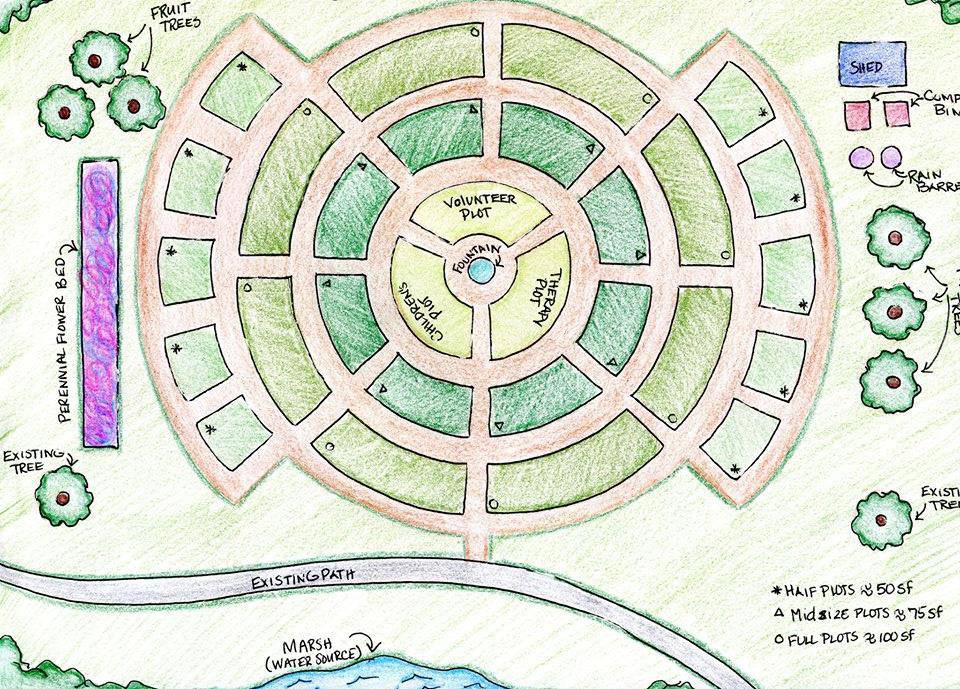Construction on a new community garden, near Oak Ridge Marsh Nature Park on Lions Drive, will begin May 1 with the plan of opening by May 18.
“We wanted to give the Lake Zurich residents who might not have land or the sunlight [a place to plant],” Steffens said. “It’s a wonderful opportunity to bring to the residents and to benefit and get involved in the community.”
The garden allows residents to purchase plots in three different sizes to plant their own produce. Shelby Steffens and Erinn Hughes, garden directors, proposed the idea of a community garden to the village in December 2012.
The garden offers four different types of plots: resident, therapy, volunteer, and educational. The resident plots come in three different sizes and the price differs; $16 for a 50 square foot plot, $24 for a 70 square3 foot plot, and $32 for a 100 square foot plot. The therapy plots are raised above ground level for handicap access with handicap accessible paths. Food produced on volunteer plots is planning to be donated local food pantry, while the educational plots will offer classes for children
“We want this to be a place of education and inspire children to grow their own food,” Steffens said.
Residents are expected to maintain their own plots, according to Steffens. One day each month is dedicated for the residents to go and help maintain plots, clean the area, and do general maintenance during the growing season of May to October. It is required for members to attend three of these maintenance days, at minimum, throughout the growing season.
The garden, costing around $6,500, will have a circular design. Some of the money for the project was raised by Hughes and Steffens themselves through LZ’s farmer’s market and support of local businesses. Steffens and Hughes sought inspiration from surrounding community gardens of Barrington and Grayslake.
Along with the different types of plots, the community garden will also offer a community compost bin that will be open to anyone, even if they do not own a plot of land.
“There will be a [compost] drop off, and anyone in the community can go. [When ready], it will be used in the garden, and the left over will be available for [the community] to use,” Steffens said.
For the future, Steffens would like to see the program extend and to eventually plant fruit trees for the community.
“In society today, people go to the grocery store and buy their food,” Steffens said. “We want to go back to the time where people knew where their food came from and what is in it.”
